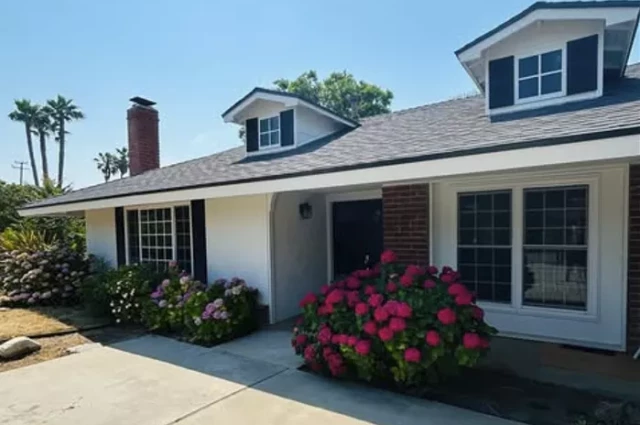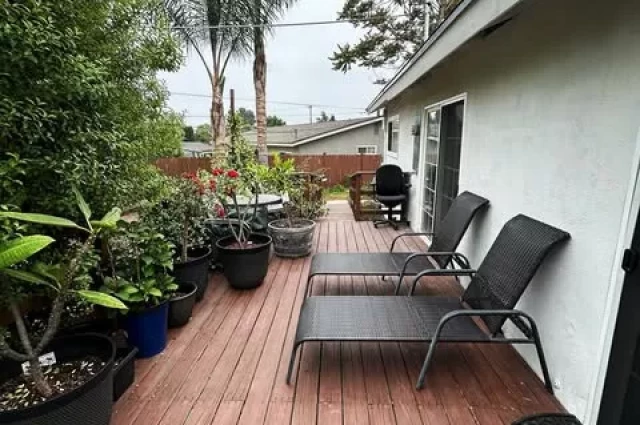Healing Addiction in Our Community Serenity Mesa Recovery Center Information
Treatment
Who We Treat
- Young Adults (18–25)
- Adolescents
- Children
- Male and Female
Treatment Focus
- Co-Occurring Disorders
- Drug Addiction
- Trauma
- Detox
- Alcohol
Approaches
- Twelve Step
- Group Therapy
- Wellness
- Evidence-Based
- 1-on-1 Counseling
- Cognitive Behavioral Therapy (CBT)
- Twelve Step Facilitation
- Medication-Assisted Treatment (MAT)
- Individual Treatment
- Life Skills Training
- Relapse Prevention Counseling
Conditions We Treat
- Trauma
- Anger
Substances We Treat
- Prescription Drugs
- Alcohol
- Heroin
- Synthetic Drugs
Aftercare
- Outpatient Treatment
- Follow-up Sessions (in-person)
- Employment Counseling
- Continuing Care
- Discharge Planning
- Support Meetings
Level of Care
- Outpatient
- Residential Rehab
- Co-Occurring Mental Health
- Sober Living
Experience
On-Site Amenities
- Fitness Center
Personal Amenities
- Private or Shared Rooms
- Air-Conditioned Rooms
Smoking and Vaping Policy
- Smoking Allowed in Designated Areas
- Vaping Not Allowed
Accreditations
-
Commission on Accreditation of Rehabilitation Facilities (CARF)
CARF accreditation is a prestigious recognition for rehabilitation and human service organizations. It signifies that an organization meets high-quality standards and is committed to providing top-level care. CARF conducts rigorous evaluations to ensure compliance, enhancing an organization's credibility and reassuring clients and funders of exceptional service quality. This accreditation promotes excellence and continual improvement in the rehabilitation and human services field.

Healing Addiction in Our Community Serenity Mesa Recovery Center Accepts The Following Insurance Plans
Healing Addiction in Our Community Serenity Mesa Recovery Center, New Mexico Reviews
Find the best treatment options. Call our free and confidential helpline today!



